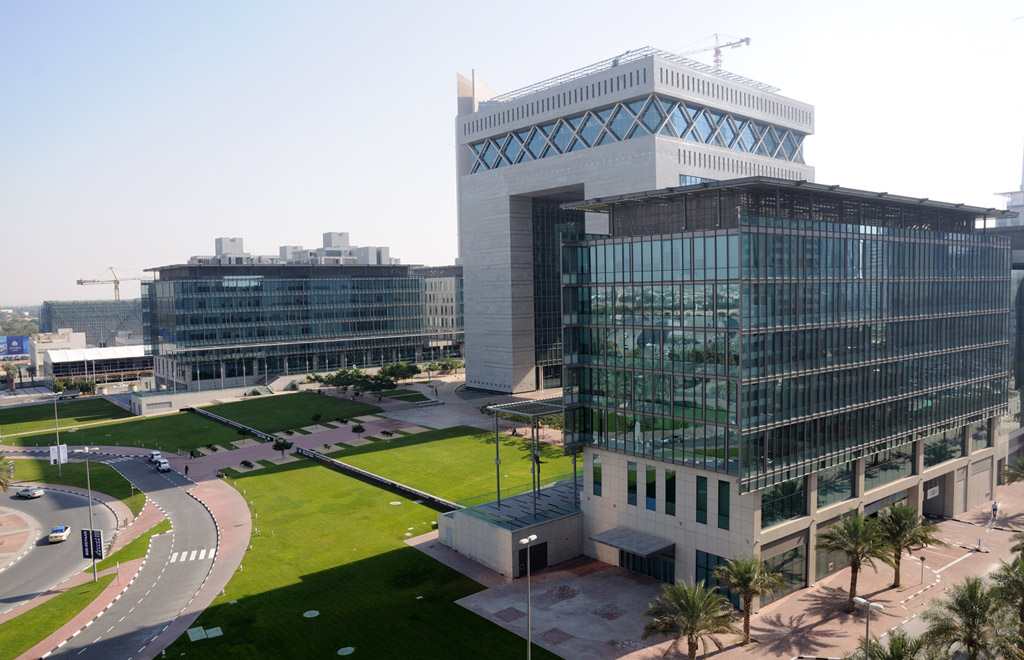If you’re planning to start a business in Dubai, there are five crucial things you need to consider before setting up.
1. Forming the business model
It is imperative to understand the model of your business before taking the plunge into entrepreneurship. Often companies have been formed where the owner has a great idea but forgets that an elegant solution doesn’t automatically translate into a successful business. Companies require an appropriate and effective business model, with the right pricing, communications, and delivery channel to the right segment of customers to keep the business thriving.
It starts with validating a business opportunity, defining a large customer segment willing to pay money to solve a real problem, in much the same way as a proof of concept or prototype validates a technical solution.
Here are 5 points to understand when building your business model:
- Ensure your product pricing matches your target segment
- Ensure that your product offers a feasible solution to consumers’ problems.
- Pitch your solution to a group of customers, including all pricing details
- Talk to industry experts
- Plan a local rollout or pilot
2. Let your business model dictate your jurisdiction
An important part of your business model is the activity of the business. In the UAE, different jurisdictions allow or restrict certain types of activities. For instance, an MEP company cannot operate in a Free-Zone. These typically import products and store them in warehouses and factories, most of which are only allowed in LLC mainland areas.
When you have decided on the business activity, the next step is to determine the location, i.e., the place of operations. With all of the regulations around this area, it is important to seek advice from trusted company formation or business advisory companies.
3. Start-up Capital
When starting a business, it is a difficult decision whether to fund the business yourself or to use an investor to help with the start-up capital. Whilst having 100% of the business is compelling, it is important to understand the costs when initiating a new business. It is equally important to understand the costs when initiating a new business. It is equally important that with the investor model, all bases are covered in your financial model.
Common costs of starting a business in Dubai are:
Often businesses overlook costs that may seem small at first but can mount up. For instance:
- Marketing budget – How much are you going to invest in brand awareness and lead generation? Who or what is going to deliver the results you want?
- Staff secondary costs – Visas, medical expenses, cars, parking, etc. all add up. Ensure you understand the full costs of each staff member. Also, ensure you speak to the right company to ensure your visa allowances and commitments are clear.
- Information Technology (IT) – Whilst quantifying the IT hardware cost is relatively simple, the software required can seem a hidden factor. The small charges can add up to a much larger fee and can leave you overwhelmed if you are not prepared. Think about the different required software, who needs them, and for whom are they a ‘nice to have’ rather than a necessity.
- Office rental secondary charges – Firstly, think of the rental solution you require. Would a rented office space suffice, or is your team going to be starting in a way that requires your own office? Remember that any space that is taken and designed requires approvals from Government bodies before action can be taken.
- Communication / Utilities – From the mobile phones of your staff to the office phones on the desk, the associated bills need to be accounted for. With respect to utilities, enquire about average electricity and water charges from neighbors to allow you to get an idea about the cost; with rented office space, these are often accounted for and again provide a viable option.
- Consumables – Water, coffee, tea, sugar, printing cartridges…these all add up. Make sure to keep them as part of your costs.
4. Corporate Governance
When starting a business in Dubai, it is vital that you have the correct agreements and processes in place. From the start, you must ensure that, as a bare minimum, you have the SOPs (standard operating procedures) documented. These are the rules which allow you to define the rules and policies, and functions required to operate your business.
If you enter the business world as a partner/co-founder, you must ensure that shareholder agreements are created correctly. Not only must the business display its shareholder shares, but the functions that are delegated to them to earn that share, from investors to shareholders performing a set of key functions that dictate their worth.
Also, the contracts that stand between you and your customers, are they required, and to what depth must they be created?
Whilst, at the start, all parties are excited about the business, things can change that can change the relationships between parties. Ensure that all bases are covered and that clear policies and guidelines are drafted to handle even the worst-case scenarios.
Corporate Governance should be of paramount importance when setting up a business in Dubai. It is advisable, again, to seek the advice of a trusted business advisor when forming the company. You may not know of the potential hurdles you may face down the road.
5. Accounting
Accounting is one of the tasks that need to be satisfied early. For many start-ups, this can seem an overwhelming and confusing task.
Who will do it? What is important to record, and what tool shall be used?
The importance of accounting can have huge ramifications for a business throughout its lifetime. It is important to ensure the right steps are followed from the beginning so that you know financially where your business is throughout.
Effective accounting will define your budget throughout the year. However, a budget is often malleable, as businesses change based on many factors. An accounting role must be implemented regularly to track your performance against budget and the ramifications of different actions.
Accounting will also play a part in your cash flows. With cash flow being the vital killer of many businesses, it is important that it is implemented correctly.
Conclusion
With the many things to consider when setting up a business in Dubai, your choices of who will fulfill what roles, which can lead to success or failure, are very crucial. You are in the market to play out your business idea. Wherever you can use trusted resources to complete tasks that may not be in your skill set or time allowance.











